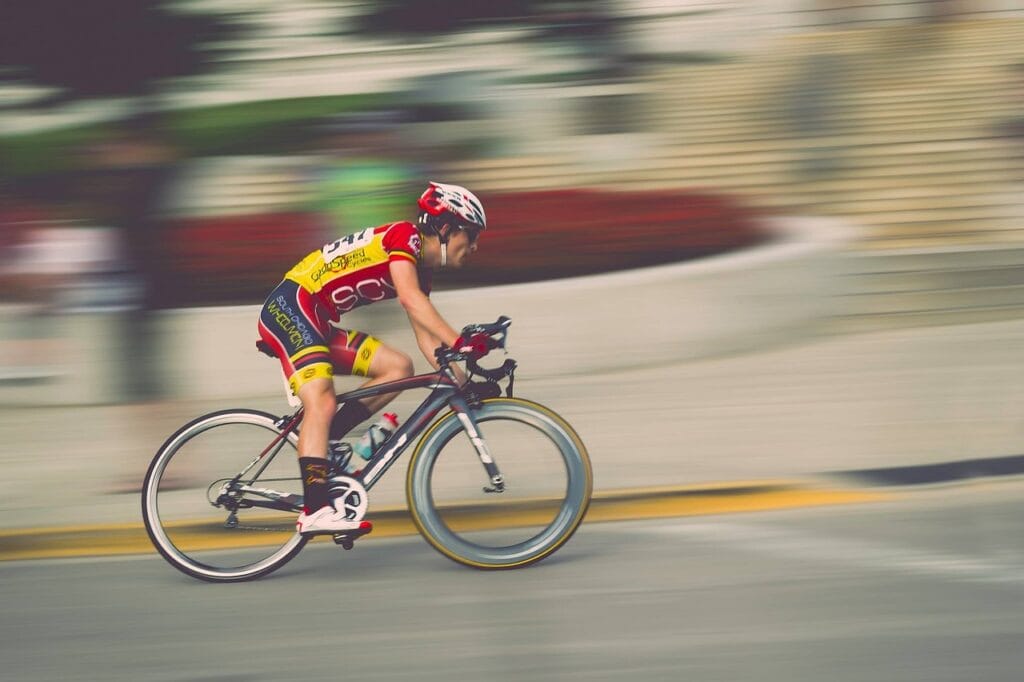Maximizing Performance and Recovery
The ketogenic diet, commonly known as the keto diet, has gained popularity for its potential benefits in weight loss and managing certain health conditions. But what about athletes? Can a diet that restricts carbohydrates to a minimum really support the high energy demands of athletic performance? This Keto Diet for Athletes article explores how the keto diet can be tailored for athletes, its potential benefits and drawbacks, and how to maximize performance and recovery through low-carb nutrition.
Understanding the Keto Diet
The keto diet is a high-fat, moderate-protein, and very low-carbohydrate diet. Typically, the macronutrient breakdown is around 70-75% fat, 20-25% protein, and 5-10% carbohydrates. This drastic reduction in carbs forces the body to enter a state of ketosis, where it burns fat for fuel instead of glucose derived from carbohydrates.
For athletes, this shift in fuel source raises questions about energy levels, performance, and recovery. However, with the right approach, the keto diet can be adapted to meet the unique needs of athletes.
Benefits of Keto Diet for Athletes
- Enhanced Fat Utilization
The keto diet trains the body to use fat as its primary energy source. This is particularly beneficial for endurance athletes like marathon runners, cyclists, and swimmers, who have to sustain energy for long periods. When in ketosis, the body becomes highly efficient at mobilizing and burning fat, leading to a more stable and sustained energy supply during prolonged exercise. - Improved Body Composition
For athletes looking to maintain a lean physique, the keto diet can be effective in reducing body fat while preserving muscle mass. The high fat and moderate protein intake support muscle maintenance while promoting fat loss, which is crucial for athletes in sports where weight categories are important, such as wrestling or boxing. - Reduced Inflammation and Faster Recovery
A keto diet may help reduce inflammation, which is often a concern for athletes who endure intense training sessions and competitions. Lower carbohydrate intake results in fewer blood sugar spikes, which can reduce inflammation markers in the body. This may contribute to faster recovery times and a reduced risk of injury. - Steady Energy Levels
Unlike high-carb diets that can lead to energy peaks and crashes, the keto diet provides a steady source of fuel. The body’s reliance on fat reduces the need for frequent carb refueling, minimizing the risk of energy slumps during workouts or competitions. - Enhanced Mental Focus
Ketones, the byproducts of fat metabolism in ketosis, are a powerful energy source for the brain. Athletes on a keto diet often report improved mental clarity, focus, and concentration during training and competitions, which can be advantageous in strategic sports like tennis, soccer, or martial arts.
Challenges of Keto Diet for Athletes
- Adaptation Period
The transition to a keto diet involves an adaptation period, often called the “keto flu,” which can last from a few days to a few weeks. Symptoms such as fatigue, headaches, and irritability can temporarily impair athletic performance. Athletes need to plan this transition during off-season or light training periods. - Reduced High-Intensity Performance
High-intensity activities, such as sprinting, weightlifting, and other anaerobic exercises, rely heavily on glycogen (stored carbohydrates) for energy. On a strict keto diet, the availability of glycogen is limited, which may affect performance in short, explosive activities. - Risk of Nutritional Deficiencies
A diet with restricted carbohydrates can sometimes lead to deficiencies in certain vitamins and minerals, particularly those found in fruits, vegetables, and whole grains. Athletes must ensure they get enough essential nutrients through supplements or carefully chosen low-carb vegetables. - Complex Meal Planning
For athletes, getting the right balance of macronutrients is critical. The keto diet requires careful meal planning to ensure sufficient caloric intake from fats and adequate protein to support muscle recovery and growth. It can be more complex compared to traditional high-carb diets.
How to Implement Keto Diet for Athletes
- Gradual Transition
To minimize the impact of the adaptation period, athletes should transition gradually by slowly reducing carbohydrate intake while increasing fat consumption. This can help the body adjust to the new fuel source without a sudden drop in performance. - Targeted Keto Diet (TKD)
Athletes who engage in high-intensity activities can benefit from a targeted keto diet, which allows for a small amount of fast-digesting carbs around workouts. This approach provides just enough glycogen to fuel intense efforts without disrupting ketosis during the rest of the day. - Cyclical Keto Diet (CKD)
Another option is the cyclical keto diet, where athletes alternate between periods of strict keto and higher-carb days. For example, an athlete might follow a strict keto diet for five days and then increase carb intake for two days to replenish glycogen stores. - Hydration and Electrolyte Balance
Ketosis can lead to increased water loss, which can result in dehydration and electrolyte imbalances. Athletes need to drink plenty of water and consider supplementing with electrolytes, especially sodium, potassium, and magnesium, to maintain performance and avoid cramps or fatigue. - Protein Intake
While the keto diet is moderate in protein, athletes may need slightly higher amounts to support muscle repair and growth. It’s important to choose high-quality protein sources, such as grass-fed meat, fatty fish, eggs, and protein supplements that are low in carbs.
Sample Keto Meal Plan for Athletes
Breakfast:
- Scrambled eggs with spinach, cheese, and avocado
- Bulletproof coffee (coffee with added MCT oil and butter)
Lunch:
- Grilled chicken salad with mixed greens, olive oil, nuts, and seeds
- A side of steamed broccoli with melted cheese
Snack:
- A handful of almonds or macadamia nuts
- Greek yogurt with chia seeds and a few berries (for those on a targeted keto diet)
Dinner:
- Baked salmon with a side of cauliflower rice
- Mixed green salad with avocado, olives, and a lemon vinaigrette
Pre-Workout Snack (if on TKD):
- A small banana or half a sweet potato
- Protein shake with water or almond milk
Post-Workout Recovery:
- A low-carb protein shake with added MCT oil
- A small portion of nuts or cheese
Conclusion
The keto diet can offer unique benefits to athletes, particularly those in endurance sports, by providing a steady energy source from fat, enhancing mental focus, and reducing inflammation. However, it requires careful planning and may not be suitable for all types of athletic activities, especially those that rely heavily on anaerobic power. Athletes should consider their specific sport, performance goals, and individual responses when deciding whether to adopt a keto diet. Consulting with a nutritionist or dietitian with experience in sports nutrition can also help tailor the keto approach to meet an athlete’s unique needs.
References
- Volek, J. S., & Phinney, S. D. (2012). The Art and Science of Low Carbohydrate Performance: A Revolutionary Program to Extend Endurance, Eliminate Bonking, and Cycle Faster. Beyond Obesity LLC.
- Wilson, J. M., Lowery, R. P., Roberts, M. D., Sharp, M. H., & Joy, J. M. (2020). The ketogenic diet: Evidence for optimizing health and performance in athletes. Journal of Sports Medicine.
- Burke, L. M., Hawley, J. A., & Jeukendrup, A. E. (2018). Carbohydrates for training and competition. Journal of Sports Sciences, 36(S1), 12-21.
- Zinn, C., Wood, M., & Williden, M. (2021). Ketogenic diet benefits endurance exercise performance in athletes. Sports, 9(3), 38.


